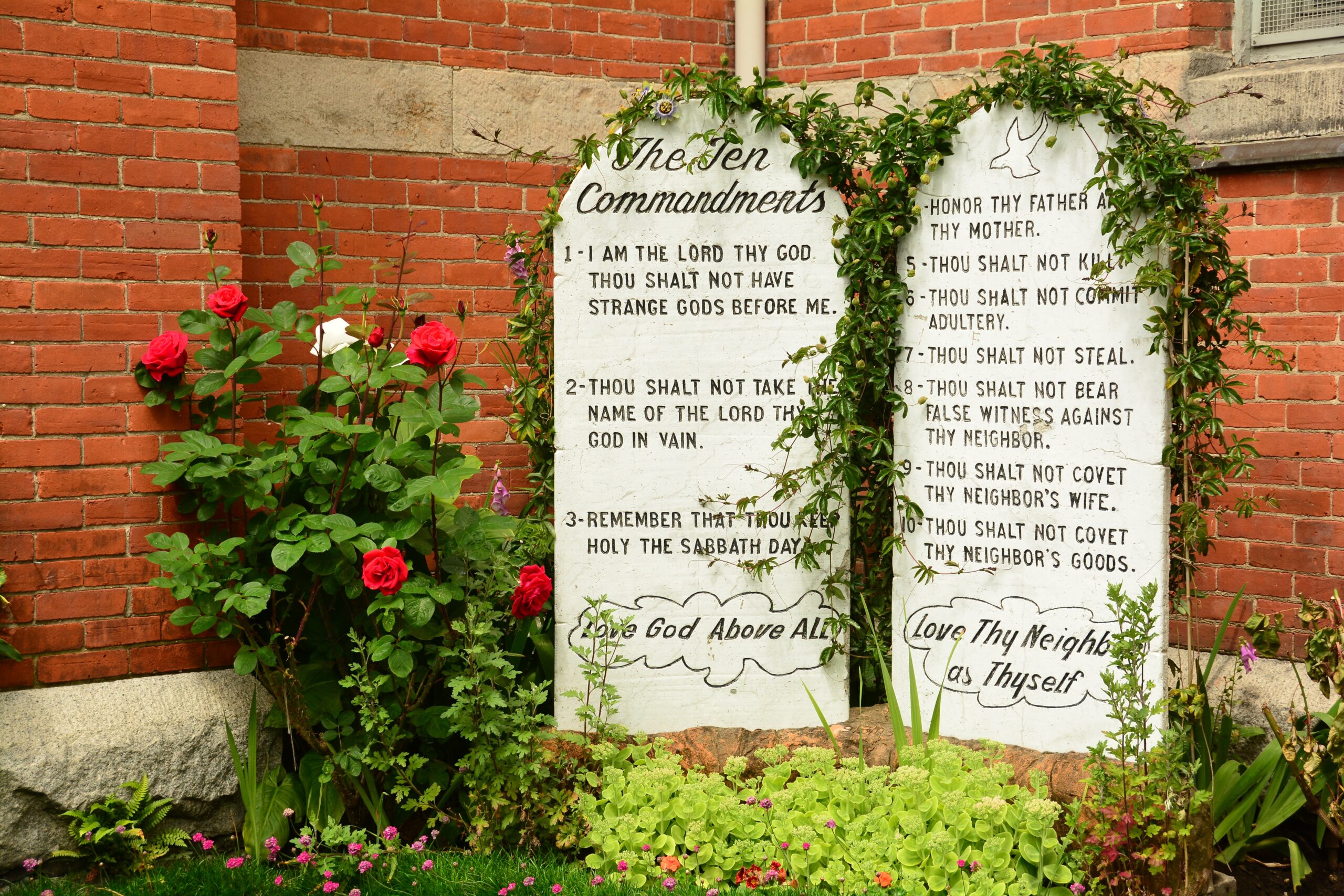You shall not steal (Exodus 20:15).
Years ago, a Colorado woman sent in two eight-cent stamps to make up for having used one stamp twice (which, for some reason, had not been canceled). A former IRS employee mailed in one dollar for four ballpoint pens she had never returned to the office. In February 1974, the US government received the following letter, “I am sending ten dollars for blankets I stole while in World War II. My mind could not rest. Sorry I’m late.” It was signed, “an ex-GI.”i Stealing comes in many forms, and many forms that we may not recognize. Using a stamp twice? Not returning ballpoint pens? Most of us would hardly think about such things Yet, like all God’s commandments the eighth commandment does not discriminate between “big” and “little” sins.
Not Yours But His
The verb translated “steal” is the Hebrew ganab, which denotes “to steal, carry away [whether by stealth or not], by implication to deceive.” Though some scholars think the original form of the commandment had a direct object (and thus prohibited stealing a certain thing or person), the evidence for that is not convincing. The eighth commandment is therefore broad, including stealing of any type.
As with all the commandments, “do not steal” is firstly a sin against the Lord. The command recognizes that all belongs to Yahweh (Ps. 24:1; 115:16). Since all is His, He alone is entitled to “give and take away” (Job 1:21). Therefore, I must not take what He has given to another as my own.
What Can Be Stolen?
That seems to be a rather simple, if obvious, principle. At the same time, we often limit our thoughts on stealing to possessions. Much more can be said to be stolen, however:
We steal from God when we refuse to give Him the worship He is due.
We steal life from another when we commit murder or harbor hatred in our heart.
We steal reputation from another when we bear false witness against them.
We steal revenue due the government when we do not pay our taxes or find illegitimate ways to avoid doing so.
We steal respect and honor due our parents when we disrespect and/or disobey them.
We steal companionship, love, affection, and commitment from another when we engage in adultery.
There are many more we could list. As we see, stealing is not limited to possessions. In fact, often the non-tangible things that are stolen cause the most damage. Stealing, like all the commands, is a matter of the heart. To steal is to proclaim we do not trust God to take care of us. We take matters into our own hands. We think we are entitled to this or that, so we find a way to take it, in order to meet our own desires (which we proclaim as needs).
Since stealing is a heart issue, the solution is found in repentance. We must forsake our demand for independence and turn to Christ in dependence, trust, and obedience. He has promised we will have all we need–and even more.
But seek first the kingdom of God and his righteousness, and all these things will be added to you (Matt. 6:33).
[He] is able to do far more abundantly than all that we ask or think, according to the power at work within us (Eph. 3:20).
iTold by Max Lucado, Six Hours One Friday, p. 59.


Leave a Reply